Peking University and the University of Chicago have a longstanding and well-established history of cooperation and exchange as strategic partners. In 2019, Peking University Chicago Center was registered in the U.S., becoming the first overseas center established by Peking University. As a significant platform for Peking University’s international engagement, the center proactively explores new approaches of educational opening, and promotes cooperation between Peking University and universities in North America in diverse areas such as talent cultivation, research innovation and cultural exchanges.
With rich teaching experience and meticulous planning, Peking University and the University of Chicago have jointly launched “Peking University-University of Chicago Summer School” (hereinafter referred to as the “Summer School”). During the program, students will take on an immersive learning journey with top PKU and UChicago faculty lectures, hands-on capstone project experience. Upon successful completion, students will receive a certificate of completion jointly awarded by Peking University and the Harris School of Public Policy at the University of Chicago.
This year’s Summer School offers three distinct, fully English-language programs focusing on: International Policy Action Lab (IPAL), Monetary Policy and International Finance (MPIF), and Environmental Economics and Policy Lab (EEPL). The programs provide an interdisciplinary academic experience and access to a vibrant alumni and professional network for top students and professionals worldwide. The application for Summer School is now open! Please scan the QR code at the end of this article to join the Project Advisory WeChat Group and obtain further information on program briefings.
Course I: International Policy Action Lab, IPAL
Duration: 7 July - 25 July 2025
The International Policy Action Lab (IPAL) offers an interdisciplinary academic experience for leading students and working professionals worldwide through a focus on prominent research questions, professional faculty and a robust community network. With the ideal of exploring the logic of international social policy development, participants will gain rigorous training on data analysis and social science research methods, and learn evidence-based methods for conducting international policy research. Research discussions and post-course community activities foster dynamic and multidimensional exchanges of ideas, encouraging interactive and collaborative engagement.
Faculty:

Xuezheng Qin
Deputy Dean, Professor, School of Economics, Peking University
Dr. Qin is Professor and Deputy Dean at Peking University School of Economics, and Director of the Peking University Research Center for Market Economy. Dr. Qin’s primary research interests include health economics, economics of human capita and applied econometrics.
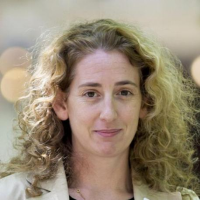
Rebecca Wolfe
Senior Lecturer and Executive Director of International Policy & Development
Dr. Wolfe is a leading expert on political violence, conflict and violent extremism. Prior to joining the faculty at Chicago, she led research and program development related to conflict and fragility at Mercy Corps, an international development and humanitarian agency. Dr. Wolfe is able to draw on her extensive practitioner and academic backgrounds to effectively research important development issues, design interventions that are theoretically grounded and evidence based, and communicate both to multiple audiences. She was a Fellow at Yale University’s Political Violence Field Lab and currently is an affiliate at NYU’s Steinhardt School. Dr. Wolfe has taught at Princeton University’s Woodrow Wilson School for Public and International Affairs and at the Wagner School for Public Service at New York University. She received her PhD in Social Psychology from Harvard University.
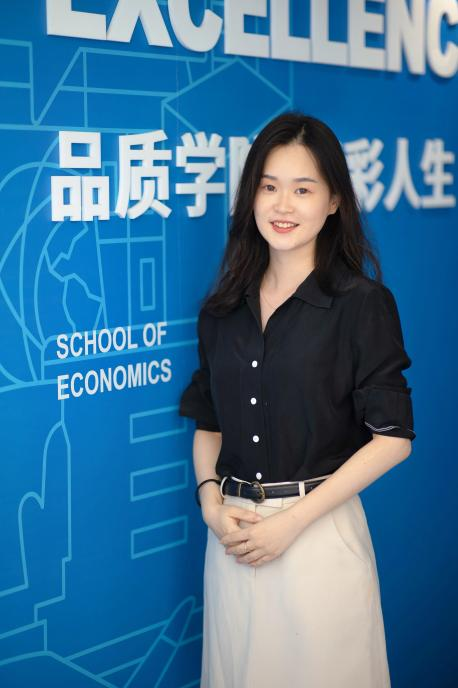
Yanran Chen
School of Economics, Capital University of Economics and Business
Yanran Chen obtained a Ph.D. degree from Peking University and a joint Ph.D. degree from Yale University. Now she works at the School of Economics, Capital University of Economics and Business. Her main fields of study are environmental health economics and labour economics. She has been offering courses in econometrics, advanced econometrics and applied econometrics for a long time.
Curriculum
• Introduction to international policy and research
• Econometric methodology and its applications
• Econometric models and the basic operations with the programming language Stata
Features
• A three-week in-person course, taught face-to-face at Peking University by professors from both universities
• Theoretical foundations and practical sharing in the field of international policy
• Certificate of completion jointly awarded by Peking University and the Harris School of Public Policy at the University of Chicago
Course Fee
General Applicant: US$4,000
Early Action Applicant: US$3,700
Current PKU / UChicago students or alumni: US$3,500
For more information, please refer to the website:
https://info.harris.uchicago.edu/ipal-program
Course II: Monetary Policy and International Finance, MPIF
Duration: 14 July - 25 July 2025
The Monetary Policy and International Finance (MPIF) is designed for undergraduate and graduate students, as well as working professionals interested in the field of monetary and international finance policy. Co-taught by top faculty from both universities, the program will offer students both theoretical and practical insights into the modern monetary and banking systems and the role of central and commercial banks. In addition, the course will discuss the policy choices of governments and central banks and their impact on domestic interest rates and foreign exchange rates, and study the role of commercial banks and the complexities that arise when central banks are required toact as lenders of last resort during financial stress.
Faculty:
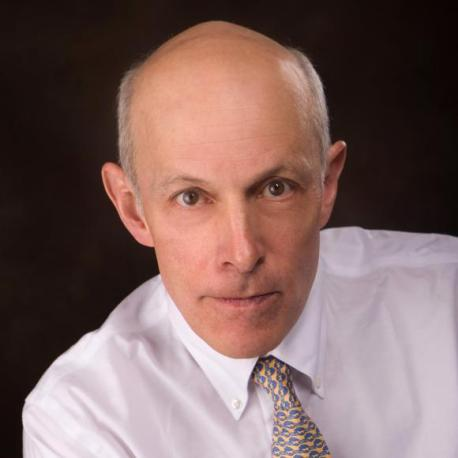
Thomas Coleman
Senior Lecturer, Harris School of Public Policy, University of Chicago
Thomas Coleman is the Faculty Co-Director of the Monetary Policy and International Finance Credential Program, designing the curriculum to equip students with theoretical and applied fiscal policy skills in the University of Chicago way. Coleman is a Senior Lecturer at the Harris School of Public Policy, and previously served as the Executive Director and Senior Advisor at the Becker Friedman Institute for Research in Economics.
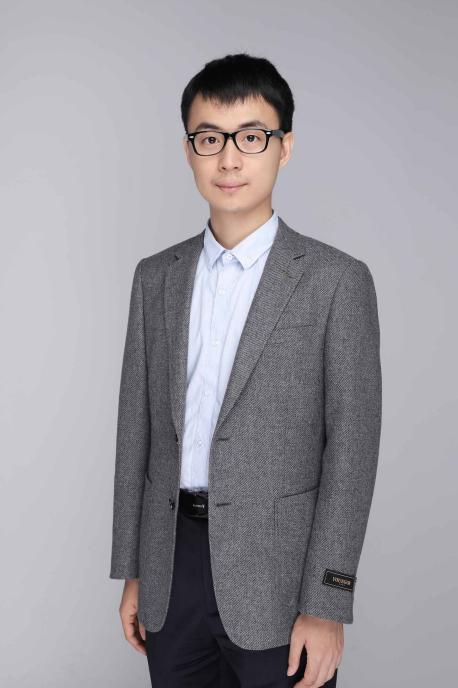
Zefeng Chen
Assistant Professor, Guanghua School of Management, Peking University
Zefeng Chen joined Guanghua School of Management as an assistant professor on 2021. Prior to joining Guanghua, Zefeng obtained undergraduate degree in mathematics from the University of Chicago, and Ph.D degree in economics from Stanford University. Zefeng' s research interest lies in international finance, especially how the dominant role of U.S. dollars affects global macroeconomics.
Curriculum
• Money and banking in the modern world
• The monetary systems of different nations
• The roles of central and commercial banks in the country
• The policy choices of governments and central banks and their effects on domestic interest rates and foreign exchange rates
• The role of commercial banks along with the complexities that arise when central banks must act as lender of last resort in times of financial stress
Features
• A two-week in-person courses with professors from both universities teaching face-to-face at Peking University
• Theoretical foundation and practical sharing in the field of currency and international finance
• Certificate of completion jointly awarded by Peking University and the Harris School of Public Policy at the University of Chicago
Course Fee
General applicant: US$3,000
Early action applicant: US$2,700
Current PKU / UChicago students or alumni: US$2,500
For more information, please refer to the website:
https://info.harris.uchicago.edu/mpif-program
Course III: Environmental Economics and Policy Lab, EEPL
Duration: 28 July - 8 August 2025
The Environmental Economics and Policy Lab (EEPL) is a course for undergraduate and graduate students, as well as working professionals interested in the field of environmental economics and energy policy. The course is taught face-to-face by professors of University of Chicago at Peking University. The course will provide a broad exploration of the theory and application of environmental economics, introduce the topic of energy policy in the context of environmental policy issues in the world today, explore the translation into microeconomic theory issues and highlight the decision constraints and fundamental trade-offs faced by policy makers.
Faculty:
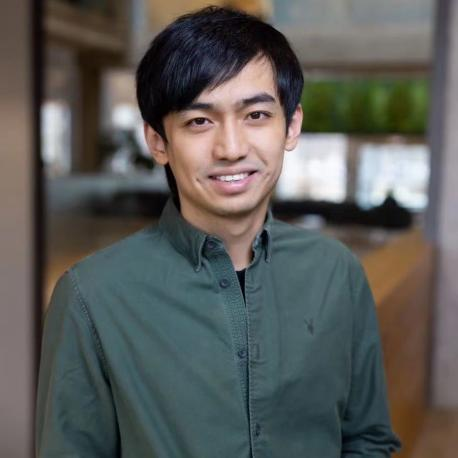
Shaoda Wang
Assistant Professor, Harris School of Public Policy, University of Chicago
Dr. Shaoda Wang currently serves as a National Bureau of Economic Research (NBER) Faculty Fellow and Academic Associate Director of the Energy and Environmental Policy Institute China Center (EPIC China) at the University of Chicago. He is an applied economist. His research fields include development economics, environmental economics and political economy, aiming to understand the political economy principles behind public policy, with a focus on China. Dr. Shaoda Wang holds a B.A .from Peking University and a Ph.D from the University of California, Berkeley.
Curriculum
• Theoretical Foundations of Environmental Economics
• Sharing Environmental Energy Policy in Practice
• Understanding and addressing environmental and energy issues in the context of development economic theory
Features
• A two-week in-person courses with professors from both universities teaching face-to-face at Peking University
• Cutting-edge academic sharing from leading scholars in environmental policy research in China and the U.S. to expand professional knowledge and industry networks
• Certificate of completion jointly awarded by Peking University and the Harris School of Public Policy at the University of Chicago
Course Fee
General Applicant: US$3,000
Early Action Applicant: US$2,700
Current PKU / UChicago students or alumni: US$2,500
For more information, please refer to the website:
https://info.harris.uchicago.edu/eepl-program
How to apply
The programs are open to participants from diverse professional and academic background. Current undergraduate students (who must have completed at least one year of undergraduate study at a full-time university by summer 2025), postgraduate students and working professionals are all welcomed to apply. Applicants are required to submit the following materials through online system.
1) Completed online application
2) Statement of motivation (300 words)
3) Curriculum vitae
4) Academic transcripts
5) Language proficiency test results: accepted tests include TOEFL, IELTS, Duolingo, China’s English Proficiency Tests Level 4/6
For application details, please refer to the website:
https://info.harris.uchicago.edu/eepl-program#admissions
Application Period
Early action application deadline: 14 January 2025
Last round application deadline: 6 May 2025
* Applicants will be notified of their acceptance status within approximately two weeks after each application round closes.
* International students must hold a valid study visa to join in the program. Those requiring a visa to travel to China should account for the visa application process and plan their application timeline accordingly.
We look forward to seeing you in the summer of 2025 at PKU campus!
Join us to explore cutting-edge fields with leading teachers and scholars from both universities
Take the opportunity to elevate yourself to new heights of academic and personal growth!
Scan the QR code to join the program information group and connect directly with admissions officers:
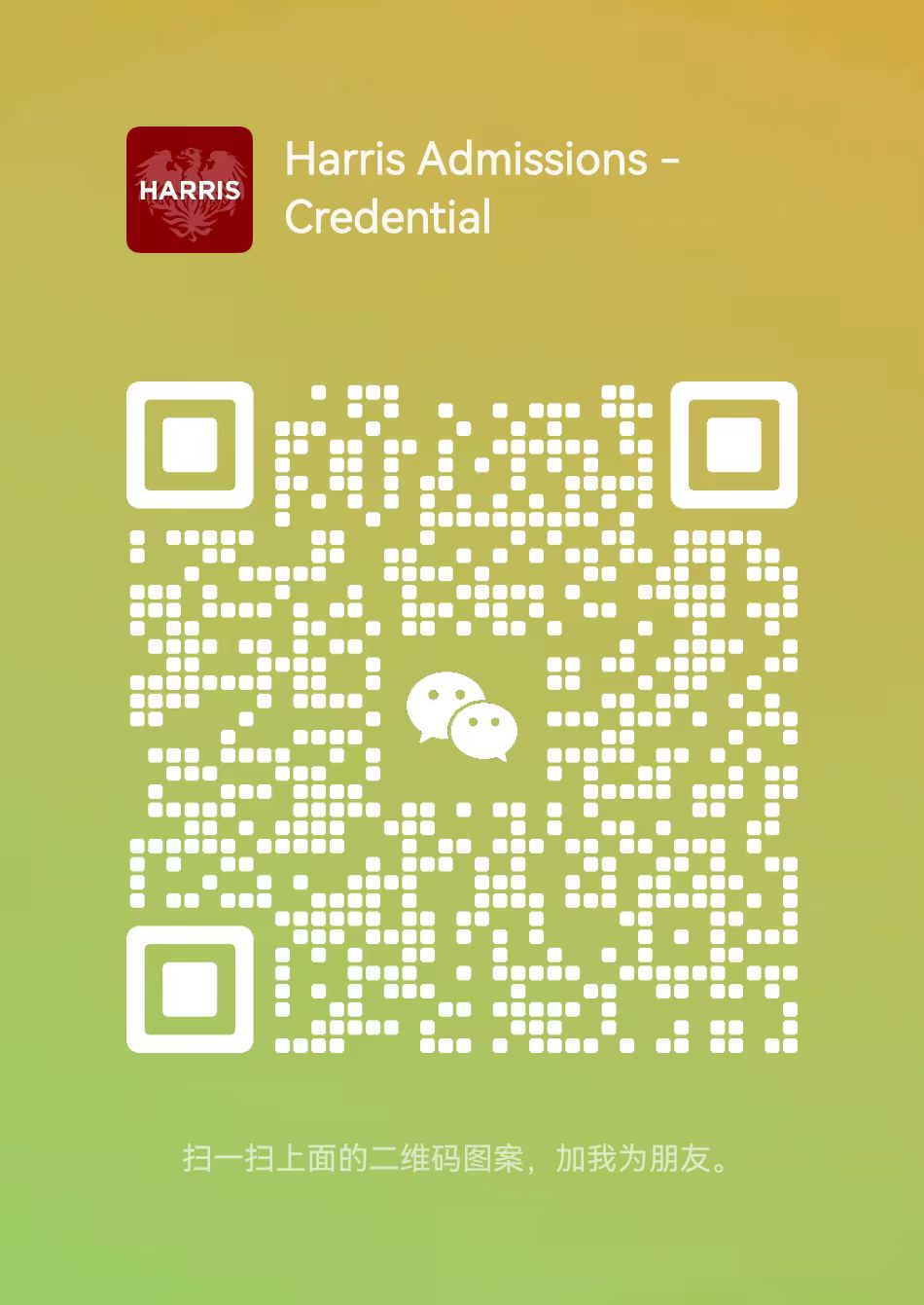
For further inquiries, please contact us via email:
Peking University: study@pku.edu.cn
University of Chicago: harriscredential@uchicago.edu